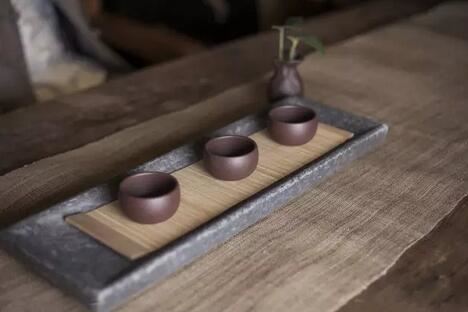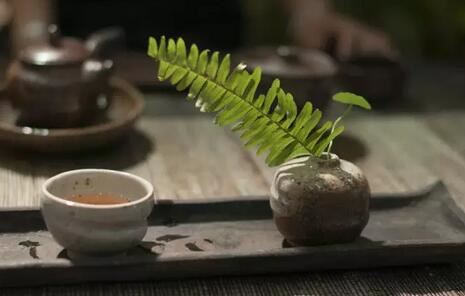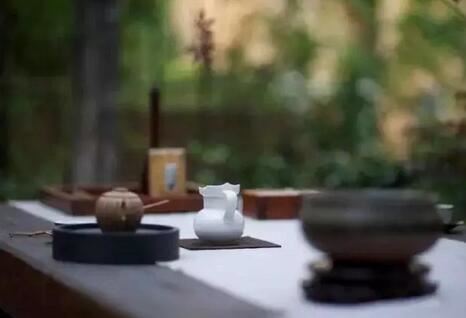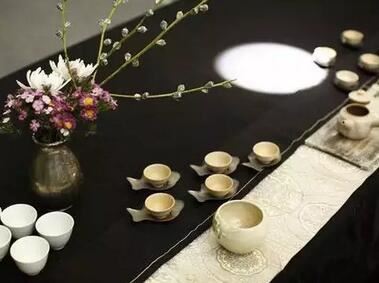There is a saying in China: “If you drink Tea without washing your cup, the King of Hell will be after your life.” As we all know, tea cups, tea pots, and other tea utensils are prone to accumulating tea scale, but many people pay little attention to this and often just rinse their cups with water after Drinking Tea. Some even believe that a good amount of tea scale can enhance the aroma of tea, and that a Teapot with a thick layer of tea scale can achieve the effect of “fragrant without tea leaves.” What they don't realize is that such habitual thinking may pose serious health risks.

Tea scale is produced by the oxidation reaction between the tea polyphenols in tea and metal substances in the air. Various metals such as cadmium, lead, iron, arsenic, mercury, and nitrite, which are harmful to the body, can adhere to the smooth surface of the tea cup. Tea scale enters the body along with the tea and combines with proteins, fats, vitamins, and other nutrients in food, forming insoluble precipitates that hinder nutrient absorption. Furthermore, these oxides can cause neurological and digestive system disorders and dysfunctions when ingested, and may even accelerate aging in the human body.
You should not think that it's okay to skip cleaning if there isn't much tea scale. You should wash your tea utensils every time you finish drinking tea, because the more tea scale there is, the harder it is to clean. Routine maintenance and regular cleaning are equally important.

Here are some tips for removing tea scale:
1. Clean with toothpaste. Toothpaste contains both a detergent and fine abrasives, making it easy to remove tea stains without damaging the pot or cup. Rinse with clean water afterward.
2. Soak the cup in heated rice vinegar or baking soda solution for 24 hours, then rinse repeatedly. This will also clean it thoroughly.
3. Soak the tea cup in concentrated saltwater and clean it; or dip your finger in salt and rub it evenly on the stained area. Rubbing gently removes the stain.
4. Use a soft-bristled brush, toothbrush, or gentle cleaning cloth to clean. Steel wool or scrub pads can damage the glaze on the inside walls of tea utensils, allowing tea scale to penetrate deeper into the utensil, making it extremely difficult to clean thoroughly.

The above methods are more suitable for porcelain and glassware. For valuable tea utensils, professional cleaning is recommended.
Baking soda is the most effective at removing tea scale, followed by toothpaste and white vinegar, with saltwater being the least effective. Simply brushing with a toothbrush can also remove tea scale from the inner wall of the cup, although the results may be slower. Tea scale is an alkaline substance, while baking soda (sodium bicarbonate) has an alkaline solution. When tea scale comes into contact with baking soda, it undergoes hydrolysis, breaking down into smaller molecules that dissolve easily in water. Salt primarily acts as an abrasive cleaner.

Tea scale usually forms after the remaining tea dries up. To avoid the buildup of tea scale, the most important thing is to clean immediately. Rinsing your tea utensils with hot water right after drinking tea is the easiest and most hygienic habit.